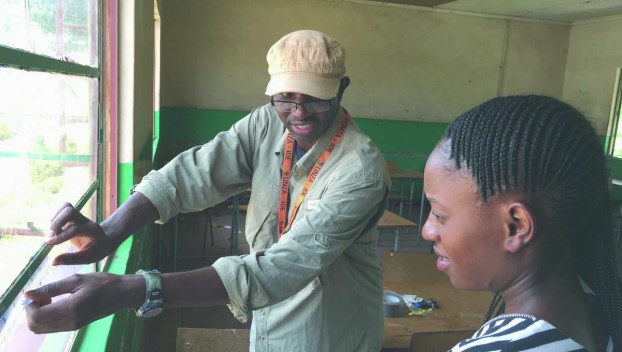
Ga Fl News
GC professor looking to change young lives in Zambia
Imagine working in a building every day that is riddled with heavy metal dust particles to the point ... Read more

Imagine working in a building every day that is riddled with heavy metal dust particles to the point ... Read more